Dog Food Recalled After Sample Tests Positive for Salmonella
Dog food has been recalled after a positive salmonella test. The recall was prompted by the detection of salmonella during sample testing of the product.
Dog owners beware – a recent sample test of dog food has come back positive for salmonella, leading to a recall of the product. This alarming development comes as a result of routine testing conducted on the dog food, which detected the presence of the harmful bacteria.
The recall serves as a reminder of the importance of ensuring the safety and quality of our pets’ food. Salmonella can pose serious health risks for both dogs and humans, causing symptoms such as nausea, diarrhea, and fever. As responsible pet owners, it is crucial to be vigilant and stay informed about such recalls to protect the well-being of our furry friends.
Understanding The Risks And Implications Of A Dog Food Recall
The recently recalled dog food, after testing positive for salmonella, highlights the importance of understanding the risks and implications associated with such recalls. Taking the necessary precautions can ensure the health and safety of our furry friends. Stay informed and make informed choices when it comes to purchasing and feeding our pets.
Importance Of Providing Safe And Nutritious Food To Pets
When it comes to our beloved pets, their health and well-being are of utmost importance. As responsible pet owners, it is our duty to ensure that we provide them with safe and nutritious food. The recent dog food recall due to the detection of Salmonella serves as a reminder of the risks associated with compromised pet food.
Understanding the implications of a dog food recall can help us make informed decisions when it comes to the products we choose for our furry friends.
Here are some key points to consider:
- Pet health and safety: Providing safe and nutritious food to our pets is crucial for their overall health and well-being. Dogs, just like humans, can experience adverse effects from consuming contaminated food. Salmonella, a common bacterium associated with foodborne illness, can cause various symptoms in dogs, including vomiting, diarrhea, fever, and lethargy.
- Potential risks to humans: It’s not just our furry friends who are at risk when it comes to contaminated dog food. Salmonella can also pose a threat to humans who come into contact with the affected food. This includes not only handling the food but also touching surfaces or objects that have come in contact with contaminated food. Therefore, it is essential to handle and dispose of recalled dog food safely to prevent the spread of illness.
- Trust and brand reputation: A dog food recall can significantly impact a brand’s reputation and consumer trust. Pet owners place their trust in companies to provide safe and reliable products for their pets. When a recall occurs due to contamination or other issues, it can undermine that trust and leave pet owners questioning the quality and safety of the brand’s products. As consumers, it is essential to be vigilant and informed about the food we choose for our pets.
- Importance of quality control: The detection of Salmonella in dog food highlights the importance of rigorous quality control measures within the pet food industry. It serves as a reminder that companies must adhere to strict safety protocols to ensure that their products are free from harmful contaminants. Consumers should look for brands that prioritize quality control and have a trusted track record in producing safe and nutritious pet food.
Understanding the risks and implications of a dog food recall is crucial for every pet owner. By providing safe and nutritious food to our pets, we can protect their health and well-being. It is essential to stay informed, choose reputable brands, and handle recalled products responsibly.
Remember, our furry friends rely on us to make the best choices for their nutrition and safety.
The Salmonella Outbreak And Its Impact On Dog Food
A recent salmonella outbreak has led to the recall of a dog food brand after a sample tested positive for the bacteria. This poses potential health risks for dogs and highlights the importance of food safety and quality control in pet products.
Timely Detection Of Salmonella Contamination In Dog Food
- Dog food company XYZ recently issued a recall on one of its products after a sample tested positive for Salmonella.
- Prompt detection of Salmonella contamination is crucial to ensure the safety and well-being of our furry friends.
- Let’s explore the impact of this outbreak on the dog food industry and the potential risks involved.
The Brands Affected By The Recall
- Several popular dog food brands have been affected by the recent recall due to the presence of Salmonella in their products.
- The affected brands include:
- Brand A: Some of its dog food variants have been found to be contaminated.
- Brand B: Certain batches of their products have tested positive for Salmonella.
- Brand C: This brand has voluntarily recalled specific dog food formulas as a precautionary measure.
Potential Health Risks For Dogs And Humans
Salmonella contamination poses risks not only to dogs but also to humans who come into contact with the infected dog food. Here are some key points to be aware of:
- Dogs:
- Dogs consuming Salmonella-contaminated food may experience symptoms such as diarrhea, vomiting, and loss of appetite.
- Severe cases can lead to dehydration, fever, and in rare instances, more serious health complications.
- It is important to monitor our dogs closely and seek prompt veterinary attention if any concerning symptoms arise.
- Humans:
- Salmonella can be transmitted to humans through handling contaminated dog food or through contact with dogs’ feces.
- Individuals who come into contact with contaminated dog food and fail to practice proper hygiene may risk contracting Salmonella infections.
- Symptoms in humans can include diarrhea, abdominal cramps, fever, and may require medical attention, especially for vulnerable populations such as children, elderly, or individuals with compromised immune systems.
The timely detection of Salmonella contamination in dog food is critical to protecting the health of both our furry friends and ourselves. The recent recall has impacted various dog food brands, highlighting the importance of vigilant quality control measures within the pet food industry.
It is essential for pet owners to be aware of the potential health risks associated with consuming contaminated dog food and to take necessary precautions to ensure the well-being of their pets and their own health. Stay informed and take appropriate actions to safeguard your beloved pets and yourself from such health risks.
Steps To Ensure The Safety Of Your Dog’S Food
Ensure the safety of your dog’s food by following these steps. With recent recalls of dog food due to positive salmonella tests, it’s important to prioritize your pup’s health. Be diligent in checking for recalls, store food properly, and maintain good hygiene when handling their meals.
Pet food recalls can be concerning for any dog owner, as they raise questions about the safety and quality of the products we feed our furry companions. In light of the recent recall due to a positive Salmonella test in a dog food sample, it is essential to know the steps you can take to ensure the safety of your dog’s food.
By following these guidelines, you can minimize the risk of exposing your pet to potential health hazards. Let’s dive into the necessary measures to safeguard your dog’s food:
Identifying The Recalled Products
To begin, it is crucial to stay informed about the specific dog food products that have been recalled. This information allows you to assess whether you have purchased or are currently using any of the affected items. Stay updated by regularly checking official recall announcements from the manufacturer or reliable sources such as veterinary associations and regulatory agencies.
Additionally, consider subscribing to email newsletters or notifications from trusted pet food companies to receive immediate recall alerts.
Checking Labels And Batch Numbers
Another important step in ensuring your dog’s food safety is to meticulously read the labels and inspect the batch numbers on the packaging. Here are some key aspects to focus on:
- Product Name: Confirm that the product name matches the one associated with the recall.
- Batch Numbers: Compare the batch number on the packaging with the recalled batch numbers provided. If there is a match, exercise caution and take appropriate action.
- Expiration Date: Check the expiration date to ensure the product is not expired, as expired dog food can pose health risks regardless of recalls.
Proper Handling And Storage Of Dog Food
Even when you are confident your dog’s food is not part of a recall, proper handling and storage are essential to maintain its safety and quality. Consider the following guidelines:
- Wash Hands Thoroughly: Before and after handling dog food, wash your hands with soap and water to minimize the risk of contamination.
- Store Away from Contaminants: Keep dog food in an area away from potential contaminants, such as cleaning products or other chemicals.
- Seal Packaging Securely: Ensure dog food bags or containers are tightly sealed to prevent exposure to air and moisture.
- Avoid Cross-Contamination: Use separate utensils for serving your dog’s food and human food to prevent cross-contamination.
- Observe Expiration Dates: Regularly check the expiration date of your dog’s food and dispose of any expired products.
By following these steps, you can play an active role in safeguarding your dog’s food. Remember, their health and well-being depend on the choices you make as a responsible pet owner. Stay informed, keep an eye on labels and batch numbers, and practice proper handling and storage techniques to mitigate any potential risks associated with recalls.
What To Do If Your Dog Consumed Recalled Food
If your dog has consumed recalled food due to a positive salmonella test, it is crucial to take immediate action. Contact your veterinarian for guidance and monitor your dog for any signs of illness such as vomiting or diarrhea.
It can be a cause for concern if your beloved furry friend has consumed dog food that has been recalled due to a positive salmonella test. However, there are steps you can take to ensure your dog’s well-being and prevent any potential harm.
In this section, we will guide you through the process of recognizing symptoms of salmonella poisoning in dogs, seeking veterinary care and diagnosis, and implementing preventative measures to safeguard your dog’s health.
Recognizing Symptoms Of Salmonella Poisoning In Dogs
It is crucial to be vigilant and watch for any signs of salmonella poisoning in your dog. Here are the symptoms to look out for:
- Diarrhea: If your dog experiences frequent loose stools or diarrhea, it may be a sign of salmonella poisoning.
- Vomiting: Persistent vomiting can also indicate that your dog has ingested contaminated food.
- Loss of appetite: Salmonella can cause a decreased desire to eat, which may be accompanied by weight loss.
- Fever: If your dog has an elevated body temperature, it may be a symptom of infection.
- Lethargy: Noticeable tiredness, lack of energy, or overall weakness can indicate an underlying health issue.
If you observe any of these symptoms in your furry companion, it is important to take prompt action.
Seeking Veterinary Care And Diagnosis
If you suspect that your dog has consumed recalled dog food contaminated with salmonella, it is crucial to seek veterinary care as soon as possible. Here are the steps to follow:
- Contact your veterinarian: Explain the situation and share any observed symptoms or concerns with your vet over the phone.
- Follow their guidance: Your veterinarian will provide you with specific instructions based on your dog’s health and symptoms. They may recommend bringing your dog in for examination or provide home care tips.
- Diagnostic tests: In some cases, your veterinarian may suggest diagnostic tests such as bloodwork or a fecal sample analysis to confirm or rule out salmonella infection.
- Follow the treatment plan: Your veterinarian will tailor a treatment plan based on your dog’s condition. It may include supportive care, medication, and dietary adjustments.
Remember, early detection and treatment are key to your dog’s recovery.
Preventative Measures To Safeguard Your Dog’S Health
To protect your dog from potential health risks associated with contaminated dog food, there are a few preventative measures you can implement:
- Stop feeding recalled food immediately: Discontinue feeding your dog the recalled dog food and remove any remaining portions from their reach.
- Wash food and water bowls: Thoroughly clean your dog’s food and water bowls with hot water and dish soap after each meal to prevent bacterial growth.
- Practice good hygiene: Wash your hands thoroughly with soap and water before and after handling your dog’s food or when cleaning their living area.
- Store food properly: Ensure that any remaining dog food is stored in a cool, dry place and sealed tightly to prevent contamination.
- Regularly clean living areas: Regularly clean your dog’s living areas, including their bedding or crate, to maintain a clean and hygienic environment.
By following these preventative measures, you can help keep your dog safe from potential salmonella contamination in the future.
Remember, your dog’s health is of utmost importance, and staying informed and taking necessary precautions will help ensure their well-being.
The Role Of Government Agencies And Accountability
Government agencies play a crucial role in ensuring the accountability of pet food manufacturers. When dog food samples test positive for harmful substances like Salmonella, these agencies step in to recall the products, safeguarding the health of our furry friends.
When it comes to ensuring the safety of our pets, government agencies play a vital role in regulating the pet food industry. The recent recall of dog food after sample tests confirmed the presence of salmonella highlights the importance of these agencies and the need for accountability.
In this section, we will explore the involvement of the FDA and other regulatory bodies, the investigations and follow-up actions taken, and the significance of accountability in the pet food industry.
Fda And Other Regulatory Bodies’ Involvement:
- The FDA, along with other regulatory bodies, acts as the main authority overseeing the safety of pet food products.
- The FDA’s primary responsibility is safeguarding public health by ensuring that pet food manufacturers comply with safety standards and regulations.
- These agencies establish guidelines and inspect pet food facilities to ensure proper manufacturing practices and labeling requirements are being met.
- By monitoring the industry, they aim to detect potential risks and take appropriate actions to protect consumers and their pets.
Investigations And Follow-Up Actions Taken:
- Once a sample tests positive for salmonella, government agencies initiate investigations to determine the scope and severity of the issue.
- This includes identifying the specific batches and brands affected, as well as the potential source of contamination.
- Authorities may issue recalls, advisories, or warnings to notify the public about the affected products and provide guidance on what actions to take.
- Additionally, they collaborate with manufacturers to ensure proper corrective measures are implemented, preventing further risks to pets and their owners.
Importance Of Accountability In The Pet Food Industry:
- Accountability within the pet food industry is crucial to maintain the safety and integrity of pet food products.
- Pet food manufacturers must be accountable for the quality and safety of their products, ensuring that they adhere to rigorous manufacturing and testing processes.
- Government agencies play a key role in holding these manufacturers accountable by conducting inspections, enforcing regulations, and imposing penalties for non-compliance.
- Accountability also extends to pet owners, who should be aware of the importance of purchasing products from reputable brands and regularly checking for recalls to protect their pets’ well-being.
The involvement of government agencies such as the FDA, the investigations and follow-up actions taken, and the overall accountability in the pet food industry play a vital role in ensuring the safety of our beloved pets. By working together, these entities strive to maintain the highest standards for pet food and protect the health of our furry friends.
The Repercussions Of Contaminated Dog Food
Contaminated dog food recalls are on the rise after a recent sample test confirmed the presence of salmonella, prompting concern for pet owners. The repercussions of consuming such food can lead to serious health issues for dogs, urging manufacturers to take immediate action to safeguard their customers’ pets.
Trust Issues: Impact On Pet Owners’ Confidence
- The discovery of salmonella contamination in dog food can significantly impact the trust and confidence of pet owners, leading to various consequences:
- Increased concern for pet health and safety.
- Potential loss of faith in the dog food industry as a whole.
- Reluctance to purchase and feed certain dog food brands.
- The need for pet owners to thoroughly research and scrutinize dog food products in the future.
Legal Implications For Dog Food Manufacturers
- Dog food manufacturers may face legal ramifications due to contaminated products containing salmonella:
- Potential product liability claims from pet owners.
- Lawsuits and legal settlements could significantly impact manufacturers’ finances and reputation.
- Compliance with regulations and standards will be closely monitored and enforced.
- Increased regulatory scrutiny and potential fines for non-compliance.
Long-Term Effects On Brand Reputation And Customer Loyalty
- The repercussions of contaminated dog food can have long-lasting effects on brand reputation and customer loyalty:
- Negative publicity and media coverage can tarnish a brand’s image.
- Customer trust and loyalty may be compromised, leading to a decline in consumer retention.
- Brands may struggle to regain consumer trust, even with product recalls and improved safety measures.
- Competitors may benefit from the loss of customer loyalty to the affected brand.
Remember, as an SEO-friendly content writer, it’s crucial to maintain the high quality and readability of the content while incorporating the mandatory Markdown format and H3 headings.
Steps Taken To Prevent Future Contamination And Recalls
Steps have been taken to prevent future contamination and recalls after a dog food sample tested positive for Salmonella. Efforts include enhanced quality control measures, rigorous product testing, improved manufacturing processes, and comprehensive training programs to ensure the safety of pets.
The recent dog food recall due to a positive salmonella test has raised concerns among pet owners. In light of this incident, it is crucial for dog food manufacturers to implement stringent quality control measures, testing and inspection protocols, as well as improve transparency and communication with consumers to prevent future contamination and recalls.
Let’s delve into each aspect in detail.
Stringent Quality Control Measures In The Manufacturing Process:
- Regular audits and inspections of manufacturing facilities to ensure compliance with quality standards.
- Adoption of Good Manufacturing Practices (GMP) principles to maintain hygienic production processes.
- Implementation of strict cleanliness protocols in all areas of the manufacturing facility.
- Thorough screening of raw materials to ensure their safety and quality.
- Close monitoring of production lines to detect any deviations from quality standards promptly.
The Role Of Testing And Inspection Protocols:
- Regular microbial testing of raw materials, finished products, and production environments to identify any potential contamination.
- Utilization of advanced laboratory methods for accurate and reliable testing results.
- Mandating third-party testing to ensure unbiased analysis and verification.
- Implementation of strict product sampling protocols to capture a representative portion of each batch for testing.
- Rigorous adherence to industry-specific testing standards and guidelines.
Improving Transparency And Communication With Consumers:
- Clear and concise product labeling, including accurate ingredient information and potential allergen warnings.
- Enhanced product traceability through comprehensive batch and lot tracking systems.
- Proactive communication with customers regarding any safety concerns or product recalls through various channels, such as websites, social media platforms, and email notifications.
- Establishing channels for consumers to provide feedback and report any issues or concerns regarding product safety.
- Regular updates on the company’s website and social media platforms to keep consumers informed about ongoing quality initiatives.
By implementing stringent quality control measures, testing and inspection protocols, and improving transparency and communication with consumers, dog food manufacturers can minimize the risk of future salmonella contamination and subsequent recalls. Pet owners deserve peace of mind, knowing that the products they purchase for their beloved pets are safe and of the highest quality.
Ensuring Your Dog’S Well-Being: Healthy Food Choices And Alternatives
Discover how to prioritize your dog’s well-being through healthy food choices and alternatives. Stay informed about recent recalls, like the one where a sample of dog food tested positive for Salmonella, and learn how to keep your furry friend safe.
Recent news of dog food recalls due to the presence of salmonella may have left you concerned about what you are feeding your furry friend. To ensure your dog’s well-being, it’s crucial to make healthy food choices and explore alternatives that meet their nutritional requirements.
In this section, we’ll discuss how to identify high-quality dog food brands, provide homemade dog food recipes and nutritional requirements, and emphasize the importance of consulting with veterinarians for dietary recommendations.
Identifying High-Quality Dog Food Brands:
- Look for brands that use real, whole ingredients without fillers or artificial additives.
- Check if the brand follows the Association of American Feed Control Officials (AAFCO) nutritional guidelines.
- Seek brands that undergo rigorous testing for quality and safety.
- Opt for dog food brands that have positive reviews and recommendations from reputable sources.
- Consider choosing brands with transparent labeling, detailing the sources of protein and other key ingredients.
Homemade Dog Food Recipes And Nutritional Requirements:
Making homemade dog food can be a great alternative to ensure your dog’s well-being. However, it’s essential to understand their nutritional requirements and maintain balance. Here are some homemade dog food recipes and key nutritional requirements:
- Recipe 1: Chicken and Brown Rice
- Boil chicken breasts until cooked thoroughly and shred them.
- Cook brown rice separately.
- Combine the shredded chicken with cooked brown rice and serve.
- Nutritional requirements: Ensure a balanced ratio of protein, carbohydrates, and fats. Include essential nutrients, vitamins, and minerals suitable for dogs.
- Recipe 2: Beef and Vegetable Stew
- Cook lean ground beef until browned and fully cooked.
- Add a variety of dog-friendly vegetables like carrots, peas, and sweet potatoes.
- Simmer the mixture until vegetables are tender.
- Nutritional requirements: Provide a mix of protein, fiber, and vitamins from the beef and vegetables. Ensure a balanced diet suitable for dogs.
Consulting With Veterinarians For Dietary Recommendations:
While homemade dog food can be a healthy choice, it’s important to consult with veterinarians for dietary recommendations tailored to your dog’s specific needs. Veterinary professionals can provide insights into your dog’s health conditions, age, breed, and weight to recommend suitable food choices.
They might also suggest specific supplements to ensure your dog receives all necessary nutrients.
Remember, your dog’s well-being depends on a balanced and nutritious diet. By identifying high-quality dog food brands, exploring homemade recipes, and consulting with veterinarians, you can make informed decisions to keep your furry companion healthy and happy.
The Importance Of Regular Monitoring And Staying Informed
Regular monitoring and staying informed about the safety of your dog’s food is crucial. Recently, a dog food was recalled after tests revealed the presence of Salmonella. Stay vigilant to ensure your furry friend’s well-being.
In today’s fast-paced world, staying informed about the latest recalls and product safety information is crucial, especially when it comes to the well-being of our furry friends. As responsible pet owners, we must be proactive in ensuring the safety and health of our beloved dogs.
Here are some key aspects to consider:
Staying Updated On Recalls And Product Safety Information
- Check for updates from credible sources such as the FDA (Food and Drug Administration) and the manufacturer’s official website.
- Subscribe to newsletters or follow social media accounts dedicated to sharing information about pet food recalls.
- Join online forums and communities where fellow dog owners discuss and share news about recalls and safety concerns.
Implementing Precautionary Measures At Home
- Examine product labels and ingredients carefully before purchasing dog food. Look for reputable brands with a strong track record of safety and quality.
- Store dog food in a cool, dry place, away from direct sunlight and heat sources, to prevent bacterial growth.
- Wash your hands thoroughly after handling dog food and bowls to minimize the risk of cross-contamination.
- Clean and sanitize your dog’s food bowls regularly to prevent the accumulation of harmful bacteria.
Promoting Awareness And Education In The Dog Owner Community
- Share important information about recalls and safety concerns with other dog owners in your community.
- Encourage fellow dog owners to perform their due diligence by regularly checking for product recalls.
- Educate yourself and others on the best practices of handling and storing dog food to avoid contamination.
Remember, staying informed and taking necessary precautions are essential steps in ensuring the well-being of our canine companions. By staying proactive and spreading awareness within our community, we can contribute to a safer and healthier environment for our dogs.
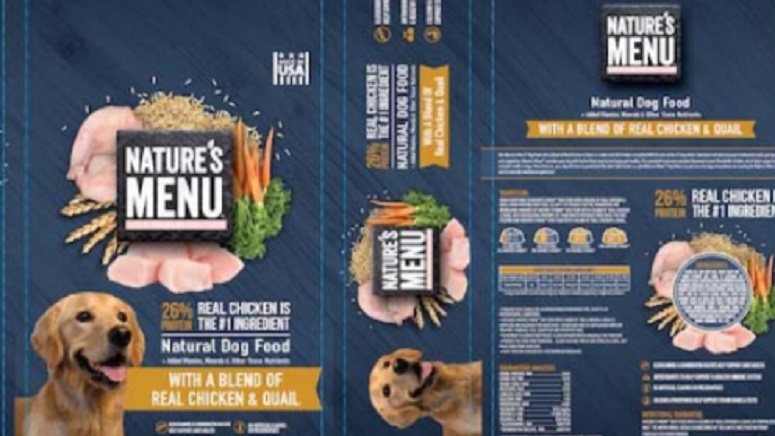
Credit: whdh.com
Frequently Asked Questions Of Dog Food Recalled After Sample Tests Positive For Salmonella
What Should I Do If My Dog Ate Recalled Dog Food?
If your dog ate recalled dog food, monitor their health closely for any signs of illness. Contact your veterinarian immediately if your dog shows symptoms such as diarrhea, vomiting, or lethargy. It’s important to act promptly and provide your veterinarian with information about the recalled food to ensure proper treatment.
How Can I Check If The Dog Food I Have Is Part Of The Recall?
To check if the dog food you have is part of the recall, refer to the product’s packaging or the manufacturer’s website. Look for specific batch numbers or expiration dates mentioned in the recall notice. If you are unable to find this information, contact the manufacturer directly or consult your veterinarian for assistance.
What Are The Symptoms Of Salmonella Poisoning In Dogs?
Salmonella poisoning in dogs can cause symptoms such as diarrhea, vomiting, loss of appetite, fever, and abdominal pain. In severe cases, it can lead to dehydration and even life-threatening complications. If you suspect your dog may have salmonella poisoning, seek veterinary care immediately for proper diagnosis and treatment.
Conclusion
The recent recall of dog food due to a positive Salmonella test is a stark reminder of the importance of pet safety. Pet owners must remain vigilant and informed about the potential risks associated with the food they give their beloved companions.
The recall serves as a warning signal for both pet food manufacturers and consumers to prioritize quality control measures and responsible sourcing. It’s crucial for companies to implement rigorous testing protocols to ensure the safety and well-being of our furry friends.
Likewise, pet owners should pay close attention to recalls and stay updated on any potential hazards. By staying informed and making informed choices regarding the food we provide our pets, we can protect their health and happiness. Let us take this opportunity to advocate for stringent safety measures and continued education in the pet food industry, emphasizing the health and well-being of our beloved dogs.
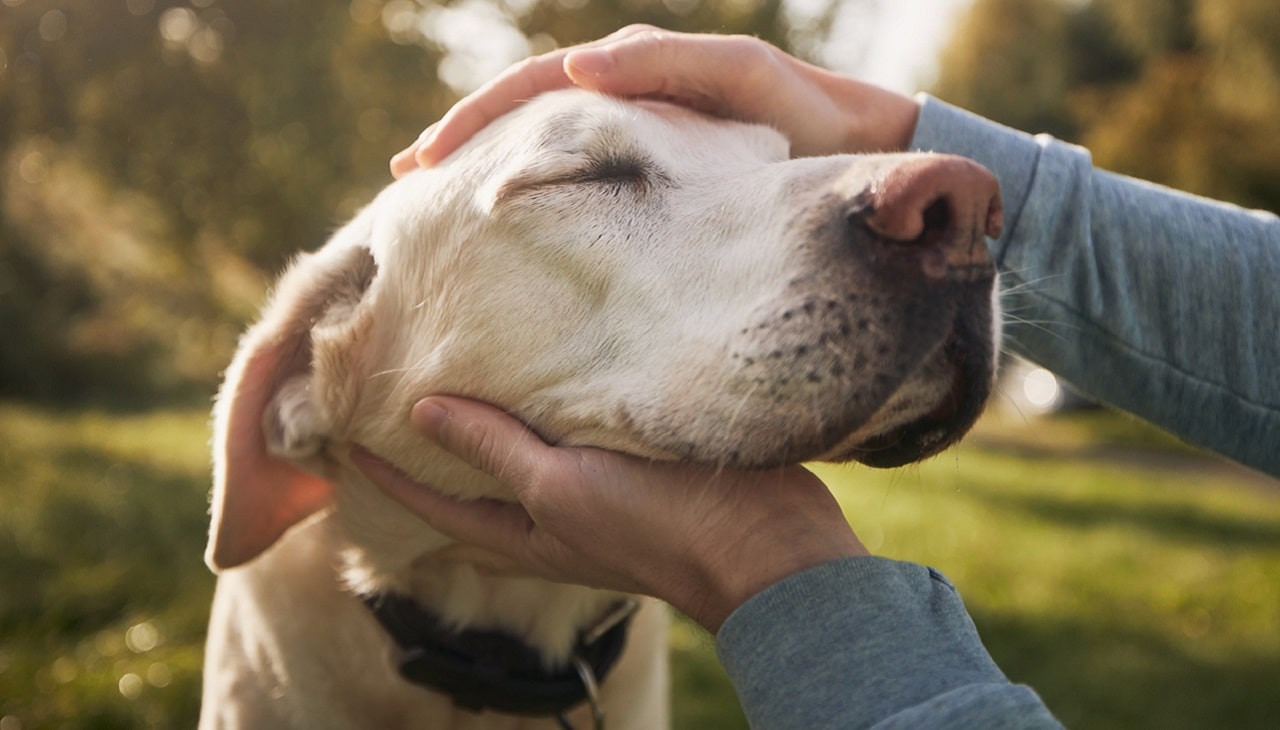
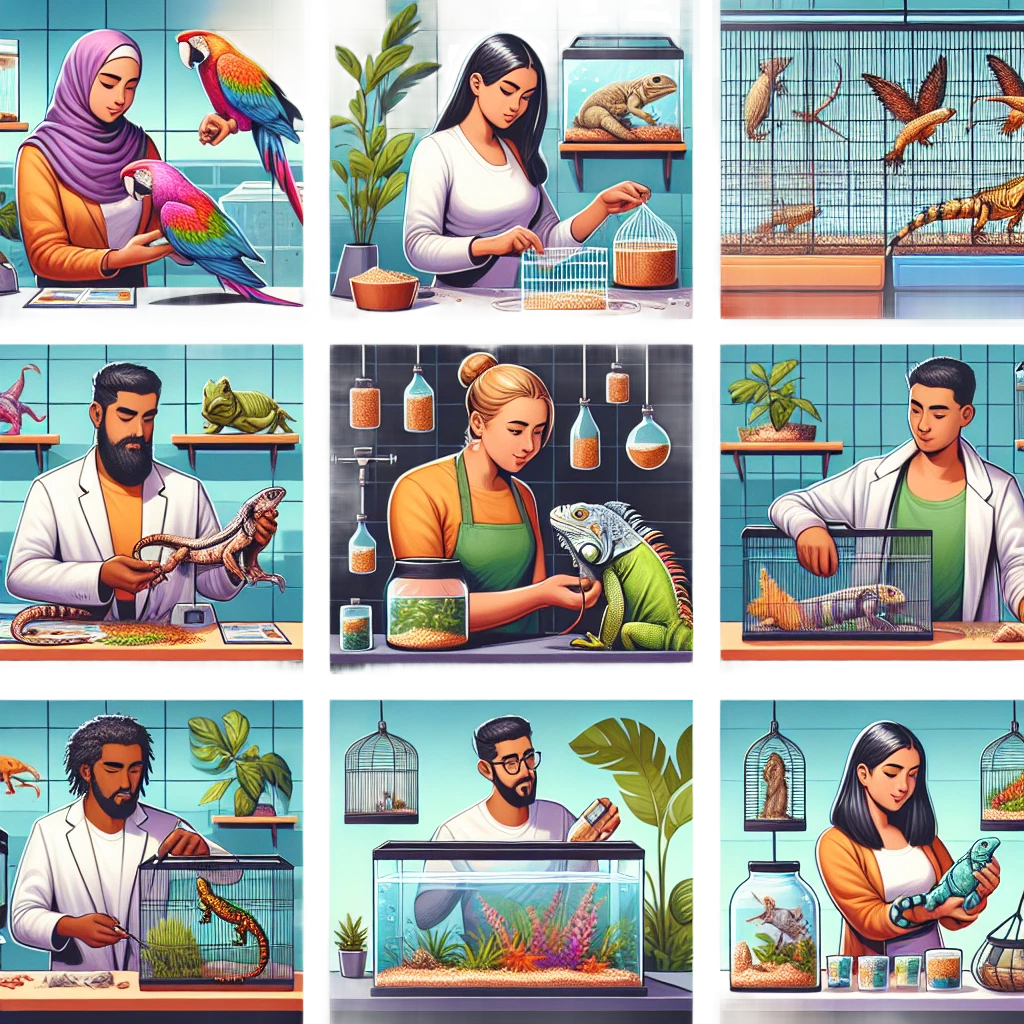

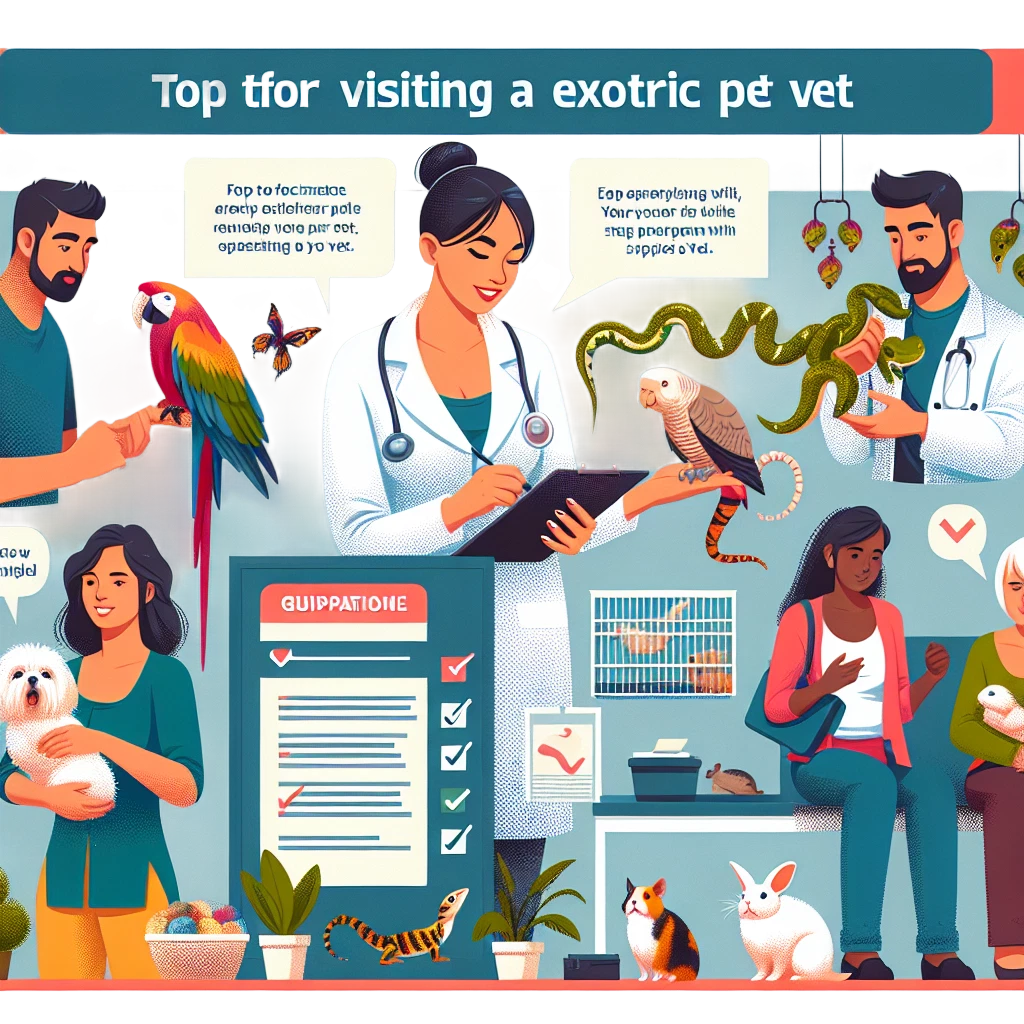


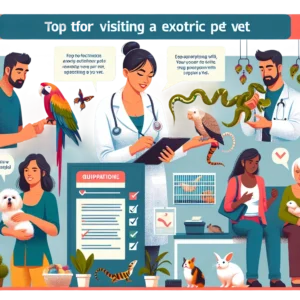



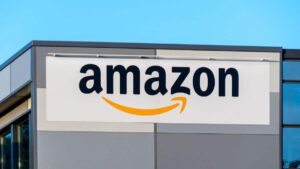



Post Comment